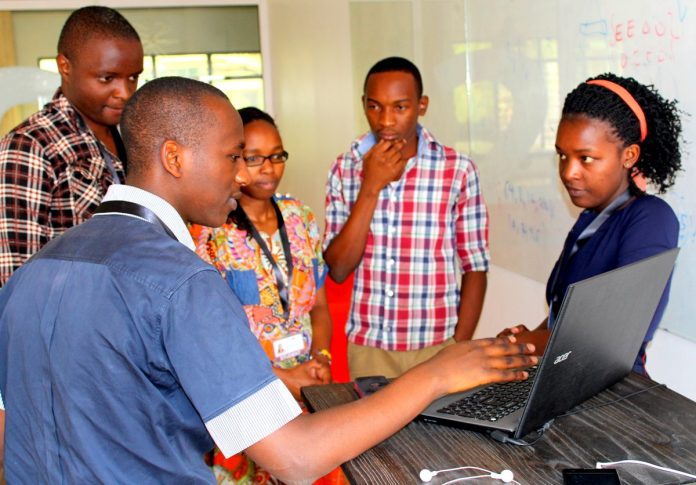How MasterCard Foundation’s New USD 200 Mn Fund Will Impact Senegal’s Youth Enterprise Scene

The MasterCard Foundation has unveiled a USD 200 Mn initiative to enable 3 million Senegalese youths gain access to dignified and fulfilling work by 2030. 70 percent of the targeted youths under the MasterCard fund will be young women.
Dubbed Young Africa Works, the fund is a five-year commitment that focuses on the growth of small businesses, productivity improvements in the agriculture value chain and improvement in education and training.
Significance
The fund (119.8 Bn West African CFA franc) builds on the substantial groundwork undertaken by the government of Senegal, as highlighted and outlined in the Plan for an Emerging Senegal (PSE) – a vision 2035 project. Engines for the West African country’s growth, young people and business owners are still bedevilled by the lack of access of financial resources, products and services.
Senegal’s youth populations stands at just below 5 million, 90 percent of which work in the informal sector. The USD 200 Mn investment is critical for economic growth and will pay dividends over the long-term. With the relevant skills, financial services, networks and markets, young Senegalese won’t just be able to create employment for themselves, but also for others.
Sambou Coly, Country Representative for the Mastercard Foundation in Senegal, told WeeTracker that the platform is not deploying a startup fund. “Rather, we will work with public and private partners to create economic opportunities for youths, including access to funding,” he said. He confirms the foundation’s ambitions to bridge gaps and life barriers to create the right economic atmosphere for Senegal to thrive.
Deployment of MasterCard Fund

Corroborating the official release for the launch, Colly said the fund will enable the development of youth-led enterprises. Nearly 35 percent of the Senegalese population fall under the 15 to 35 years age bracket.
According to Trading Economics, unemployment rate in the French-speaking nation increased to 14.30 percent in Q4 2018. That was up from 13.40 percent in Q3 2018. With this in mind, the MasterCard Foundation is working to spur systemic change to grow the economy and create jobs.
The USD 200 Mn will connect youths in the informal sector to certification programs and work opportunities. More importantly, it will help connect promising and innovative startups to funding, innovation hubs, incubators and accelerators.
The fund will also develop on the quality and relevance of secondary and TVET education by preparing teachers with relevant, competency-based teaching methods and materials. “We’ve heard from youth and from business owners that limited access to finance is one of the top challenges they face,” Colly said in an email.
Light Ahead
Per UN projections, Senegals’ population, like that of nearly every other Sub-Saharan African country, is expected to reach almost 20 million in 2030. The growth is prompted by the country’s large youth population and a substantial charge in the demographic structure as the young ages. This will result in a significant increase in the labor force.
The country’s economy is dominated by economic and informal activities, the bulk of which generates 92 percent of traditional and self-employed jobs. In turn, 64 percent of the employment are in the form of informal jobs located in the rural areas.
Hopefully, the MasterCard fund will go a long way in turbocharging the nation’s economy and help it tackle unemployment as well as lack of finance access.